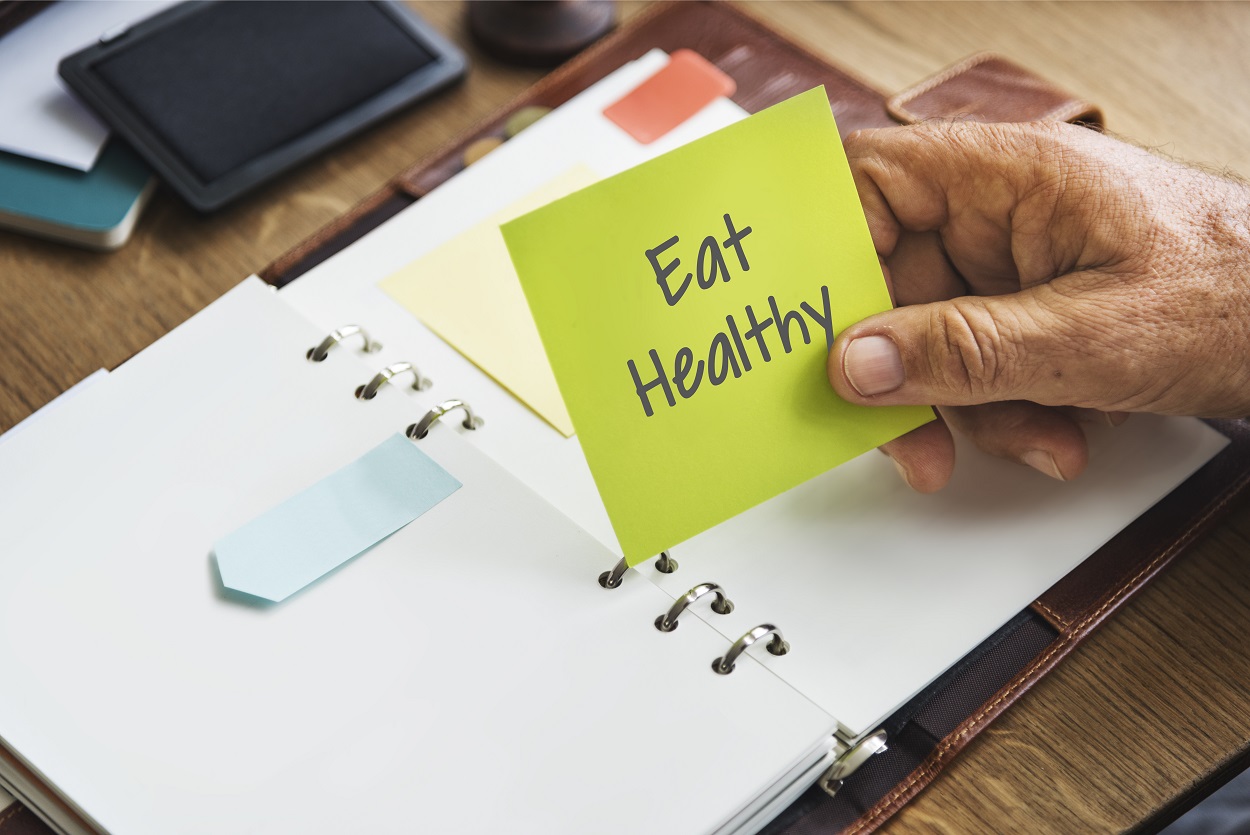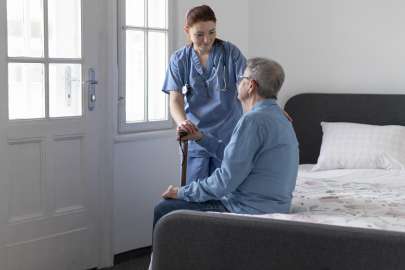Personal home care assistance providers advise that it may be a good idea to periodically check on the diet of your elderly relatives who live alone at home. Instead of directly asking them what they eat every day, you might learn about their habits by simply assisting them in their home.
Keep an eye on the stored groceries
You may offer to assist your elderly relative from time to time with cleaning the cabinets, pantry, or refrigerator. The dates on the food should be carefully observed when you do this. If a lot of food items have past-expiration dates, are the majority of the dates expired? This is a sign that, even if your senior family member brings food home, they are not eating it. Another red flag is a shortage of food in the cabinets or refrigerator. Hiring in-home assistance for seniors comes in handy in this situation.
Assistance with buying groceries
Your elderly relative’s nutrition may be deteriorating if their shopping list is mostly convenience foods and contains just a little amount of colorful vegetables and lean protein. Encourage your senior loved one to buy a variety of fruits, vegetables, lean proteins, and whole grain goods when you assist them with their grocery shopping.
Consult the doctor
When you take a loved one to the doctor, make sure to ask the doctor how they feel about the patient’s nutrition. A basic physical examination of the skin’s tone and texture, any recent weight loss or gain, and a few quick blood tests could all help identify a nutritional diet that needs improvement.
An experienced company that provides home health care aide services can help your loved one with their basic requirements if you are unable to aid them with these duties or feel overburdened by the degree of help they require. This makes it easier for you to make sure that your loved one is getting the right nourishment without placing more strain on you.



